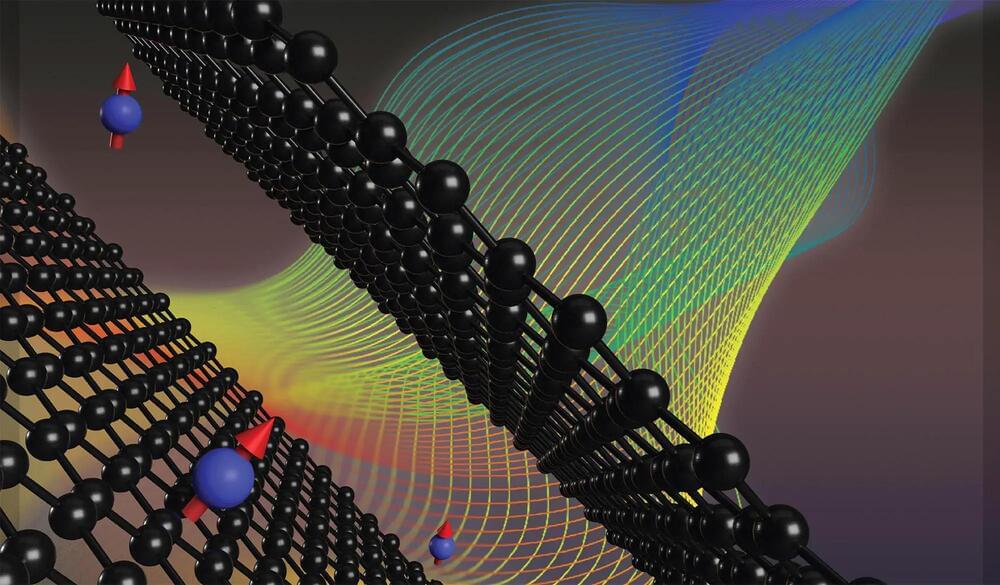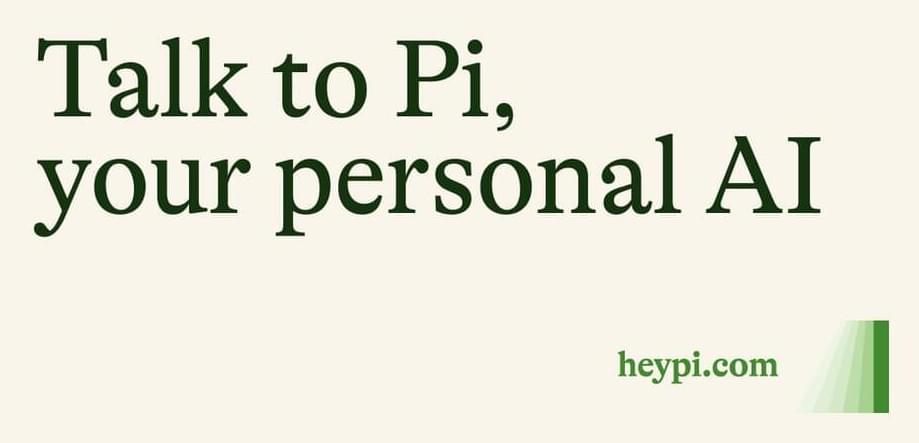A team of engineers at the University of Massachusetts Amherst has recently shown that nearly any material can be turned into a device that continuously harvests electricity from humidity in the air. The secret lies in being able to pepper the material with nanopores less than 100 nanometers in diameter. The research appeared in the journal Advanced Materials.
“This is very exciting,” says Xiaomeng Liu, a graduate student in electrical and computer engineering in UMass Amherst’s College of Engineering and the paper’s lead author. “We are opening up a wide door for harvesting clean electricity from thin air.”
“The air contains an enormous amount of electricity,” says Jun Yao, assistant professor of electrical and computer engineering in the College of Engineering at UMass Amherst, and the paper’s senior author. “Think of a cloud, which is nothing more than a mass of water droplets. Each of those droplets contains a charge, and when conditions are right, the cloud can produce a lightning bolt—but we don’t know how to reliably capture electricity from lightning. What we’ve done is to create a human-built, small-scale cloud that produces electricity for us predictably and continuously so that we can harvest it.”



